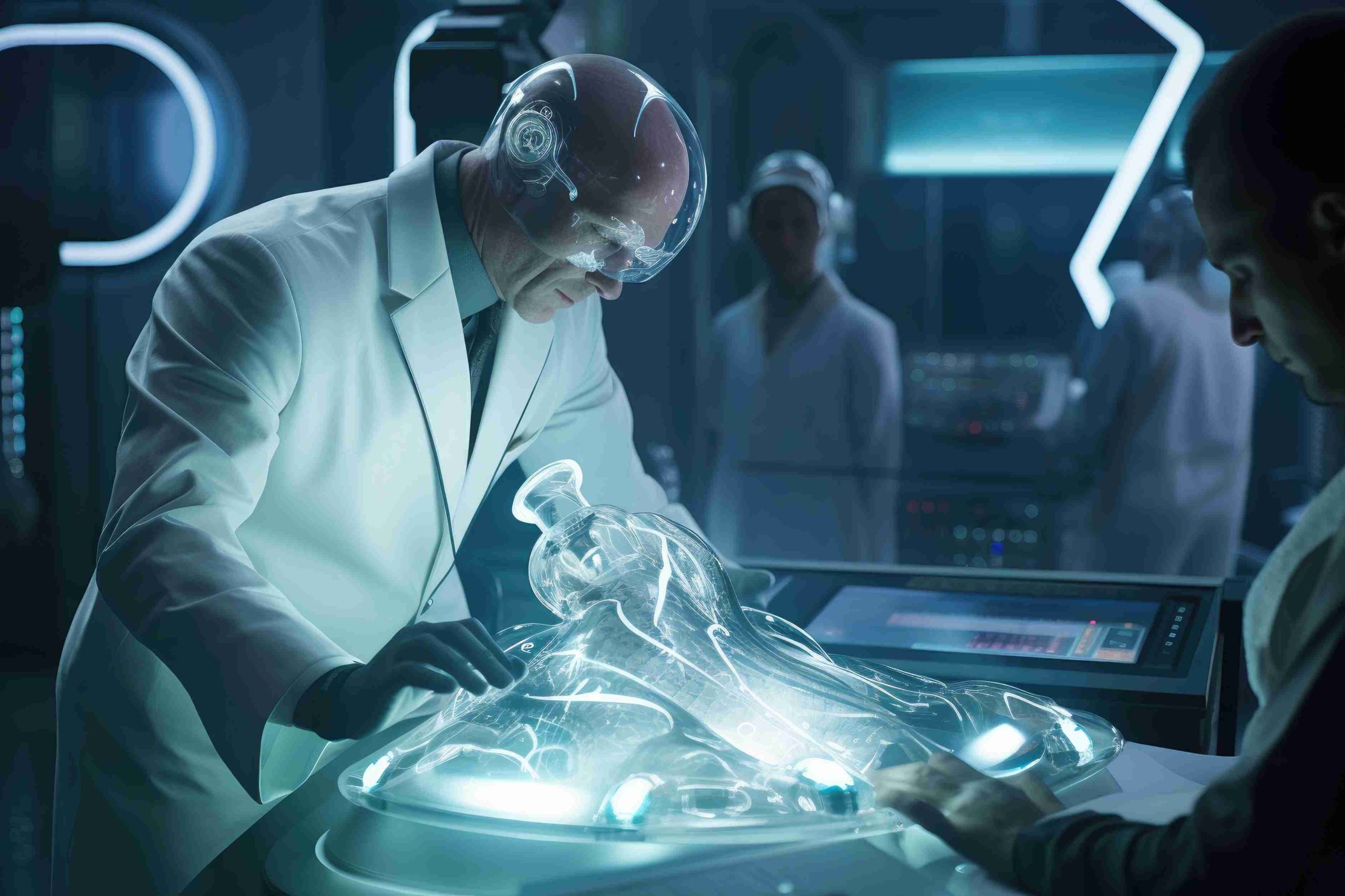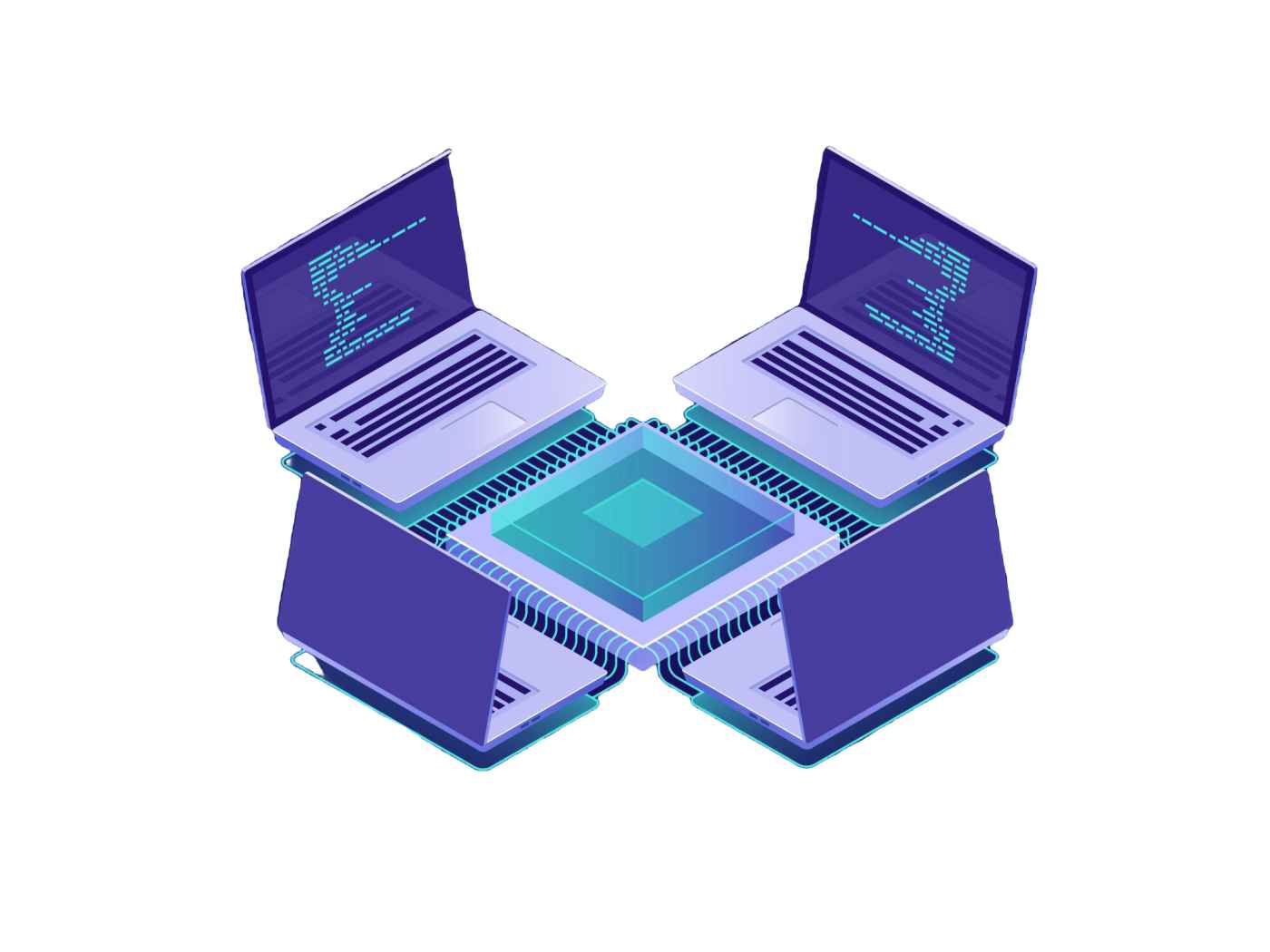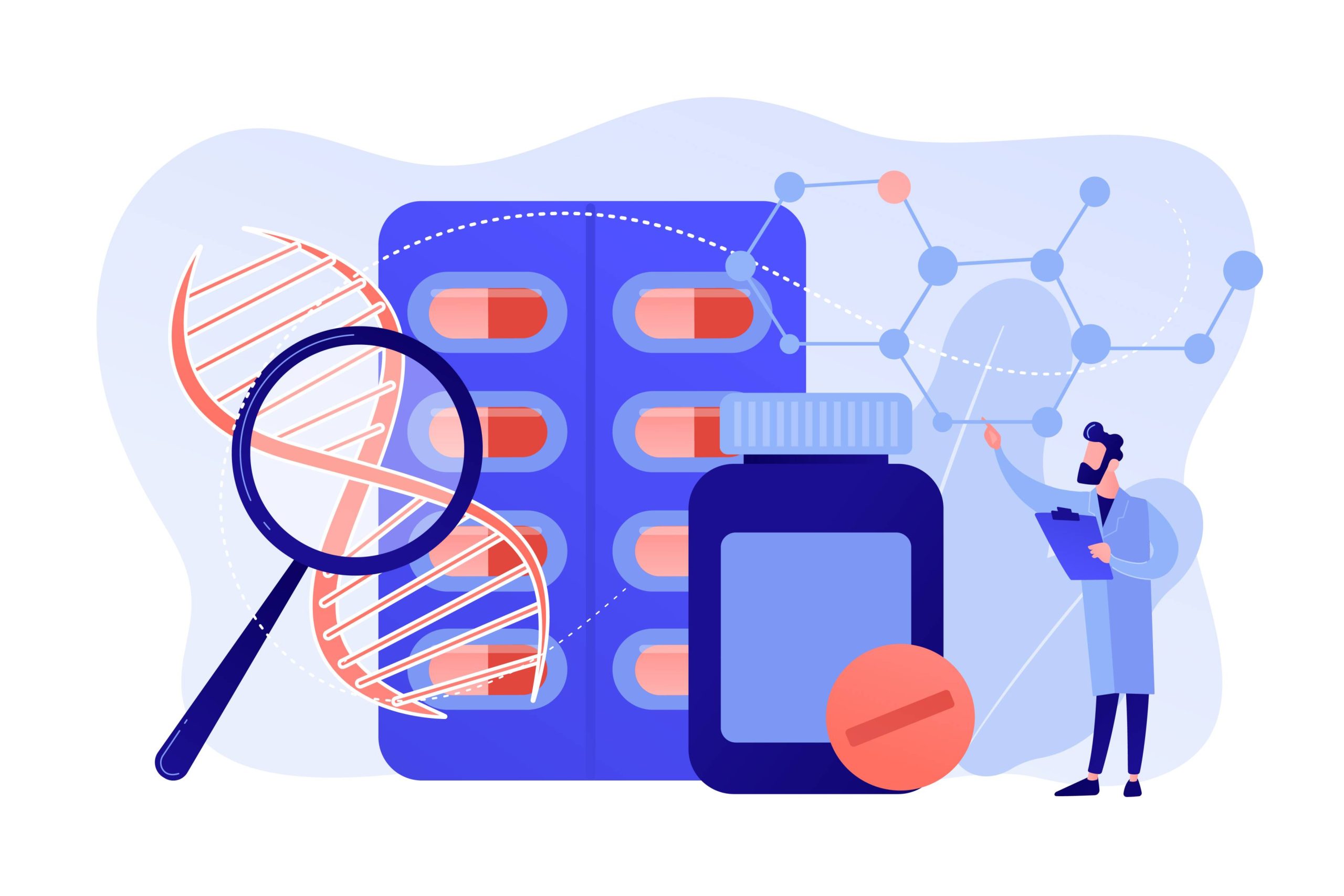Over centuries, healthcare has experienced dramatic changes because of emerging technologies, breakthroughs in research and new paradigms of treatment. To be clear, they are not restricted to clinical settings but also change societies around the globe. To aspiring science students learning all innovations in health and medicine is paramount to their future.
Telemedicine is, without doubt, the most significant advancement in healthcare. It helps patients to obtain medical assistance remotely. Geographical barriers are then obliterated and access to healthcare becomes easier. Then, of course, really important in rural areas, telemedicine is more than just a lifeline. The COVID-19 pandemic has really sped up because now telehealth is quite the “norm.” Even with illness or distance, health institutions can guarantee continuity of care without much problem through leveraging the digital platform.
The other crucial upcoming innovation is personalized medicine in which treatments are individualized for patients depending on their genetic structure. This method attempts to eliminate the “one size fits all” treatment approach and creates more targeted and effective therapies. With the advances in genomic sequencing and data analytics, healthcare professionals can now predict better how patients will respond to certain treatments. The outcome will offer improved outcomes from treatment, reduced risks of adverse effects, and can clearly be heralded as a major advance in patient care.
The modernization of Artificial Intelligence (AI) in health care mainly affects diagnostics and treatment planning. AI algorithms can scan vast sizes of data faster than human practitioners, identify patterns, and predict outcomes that can escape human eyes. AI has shown a remarkable contribution from the early signs of diseases like cancer to the optimized management of hospital resources. For science students, the revolution which AI might bring about in diagnostics offers exciting possibilities for the future research careers.
Wearable is now one of the most popular technologies when it comes to mainstream medicine, especially having empowered people in taking safeguards about their health. These devices include fitness trackers and smartwatches and have enabled the patients to monitor their physical activities and keep track of their vital body signs, such as heart rate and blood pressure. These can show any early signs of health problems, thus urging proactive healthcare behaviors. Coupled with the continuous monitoring that these wearables provide, the healthcare provider can have that real-time data that will build up better treatment decisions and engagement with patients.
Innovations in healthcare are found everywhere, even in mental health. Just recently, as mobile applications and online sites were able to provide therapy, new pathways were opened for individuals who wished to receive mental health support. This would certainly encourage more people in the society to seek possible mental health resources especially those individuals who might not have been able to access those traditional avenues in therapy. As the stigma against mental illness starts to decrease and there are more digital solutions, society increasingly recognizes mental wellness in the same way it does physical health.
Finally, with regenerative medicine and biotechnology kicking off the ideal future of health care, CRISPR will really be able to tackle diseases and genetic conditions that were previously thought to be impossible for humankind. Stem cell experiments have opened a new door for chronic disease and injury treatments, with promises where once no hope existed. Healthcare is reinventing a complete dimension for the world and its societies through innovations. Innovations like these enable equitable access to care, better efficacy in treatment, and empower individuals to be active participants in their health. For science students, it becomes imperative to be on top of these developments as they shape the next generation of solutions for healthcare. The future holds a lot for those with the guts to face its daunting challenges and reap endless opportunities.
Last but not least, the arrival of regenerative medicine and biotechnology is heralding the future of health care. CRISPR gene editing would really be able to address diseases and genetic conditions that once seemed impossible to tackle by mankind. Stem cell study now paves the way to treatments for chronic diseases and injuries-with promises where formerly none existed.
In sum, healthcare transforms through innovation that is holistically reshaping societies worldwide. Innovations such as these make it possible to provide equal access to care, increased treatment efficacy, and empower individuals to reach active roles in their health. For science students, it becomes imperative to be on top of all these developments as they shape the next generation of solutions for healthcare. The future holds a lot for those who dare to take up its fears and opportunities.







